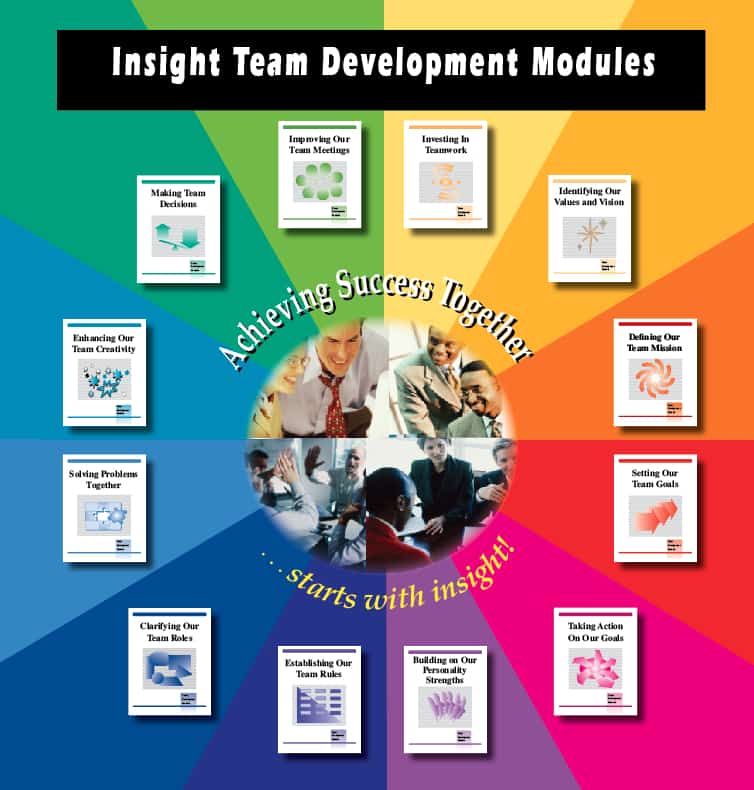The Hybrid Team Development Philosophy

We are living in a new world and we are leading new types of teams.
The world has changed in many ways. This includes the move to hybrid and virtual teams. Leaders must now learn a new skill set: how to engage and develop these new forms of teams.
This leadership challenge is sweeping every industry, some sooner than others. But in time, it will impact all organizations. The quicker leaders learn these skills, the more they can contribute to the productivity of the organizations they are in. Plus these leaders of tomorrow will become more valuable and their own own career growth will take on a new trajectory.

The challenge today is training leaders who can in turn develop the emerging tide of hybrid teams.
Team bonding isn’t team building, and team building isn’t team development.
Leaders will need to grow into their new roles. Before they can develop their virtual and hybrid teams, they have to develop themselves and learn new skills. Following old techniques used for traditional face-to-face teams will not work.
Using “team bonding” activities (attending sporting games together, having nice dinners as a group, going to events) are good things to occasionally do, they don’t develop teams. And, they are impractical for today’s hybrid and virtual teams.
Asking team members to participant in team-building sessions that challenge them to compete in building block exercises, or physically work through ropes and obstacle courses are beneficial at a certain level. They help build team connection, but they don’t develop “teaming” skills, particularly for hybrid teams.
Team development requires that leaders engage team members in structured discussion activities that specifically address real life, team functioning issues. When team members solve actual team communication issues together they become engaged in the results. This develops and immediately improves the team’s functioning. That is what modern organizations desire. This is what we at the Insight Institute provide.

It’s time to move from team bonding and team building exercises to team development and truly engage today’s hybrid teams.
Speed of hybrid team development is the new success advantage.
Traditional team building and conflict resolution is usually delayed from the key time it is needed and frequently takes too long to implement. By the time team tensions arise, unless an intervention is done immediately, the opportunity for resolution that leads to high level productivity has been missed.
This is particularly true for hybrid and virtual teams. Once they start a downward spiral, it’s difficult to bring members back into productive engagement. They can easily disconnect, focus only on their tasks, become unengaged, or even leave and find other jobs.
Typically leaders focus first on what individuals are doing, then what the work group is achieving, and because of close proximity, what onsite teams are accomplishing. Hybrid teams frequently come last, particularly in the area of team development. We train leaders to reverse this pattern and focus on hybrid team success first because those will be the most fragile teams and they are clearly the teams of the future.

There is no substitute for the fast development of hybrid teams.
